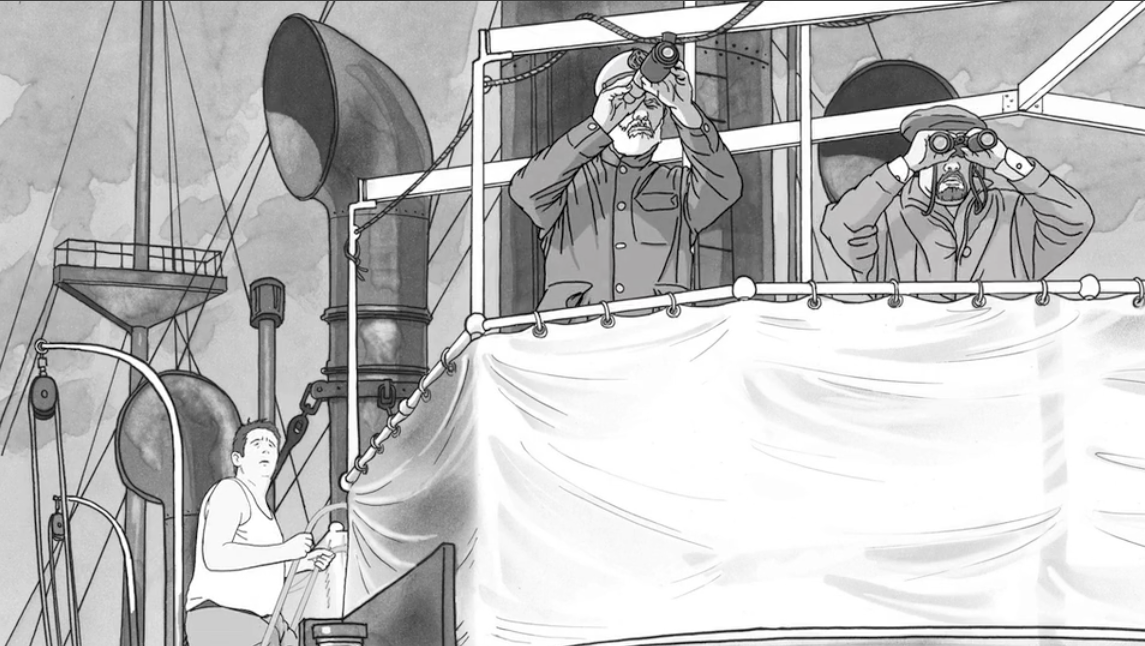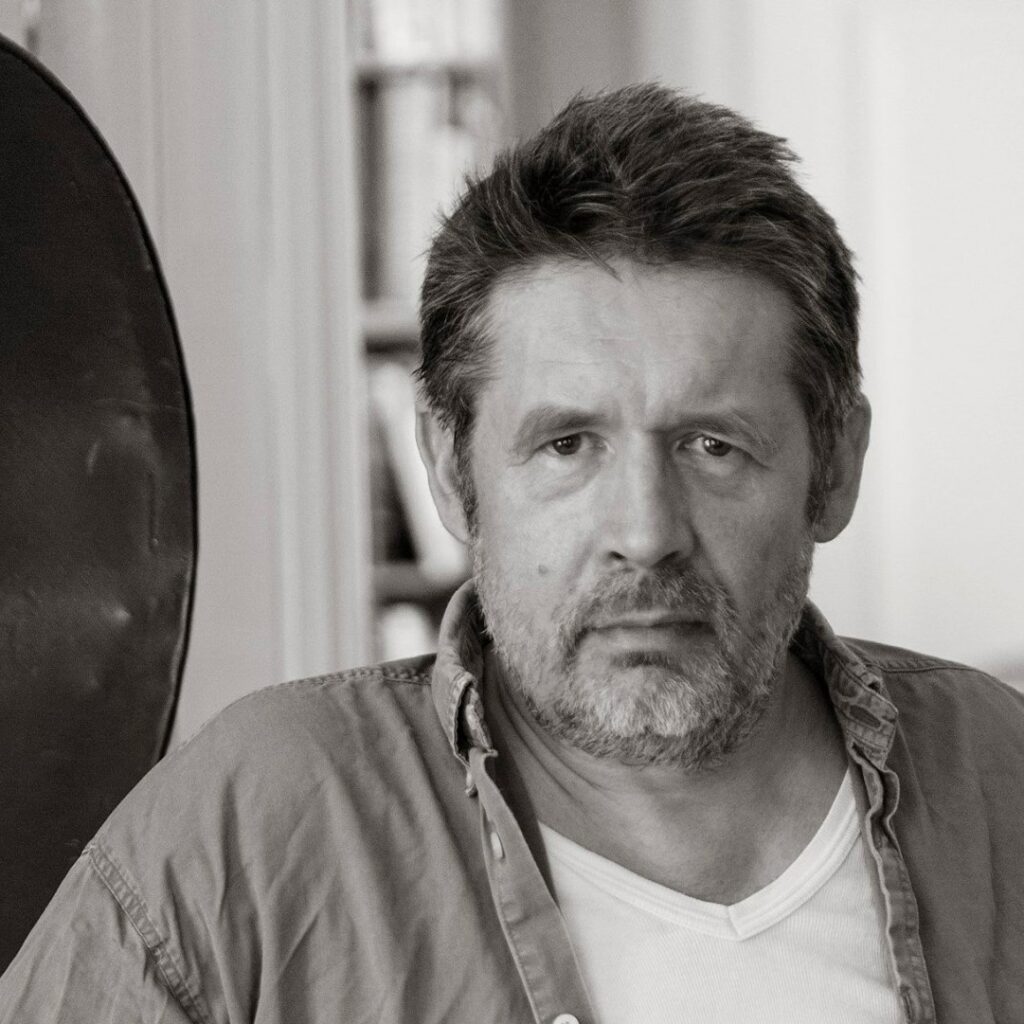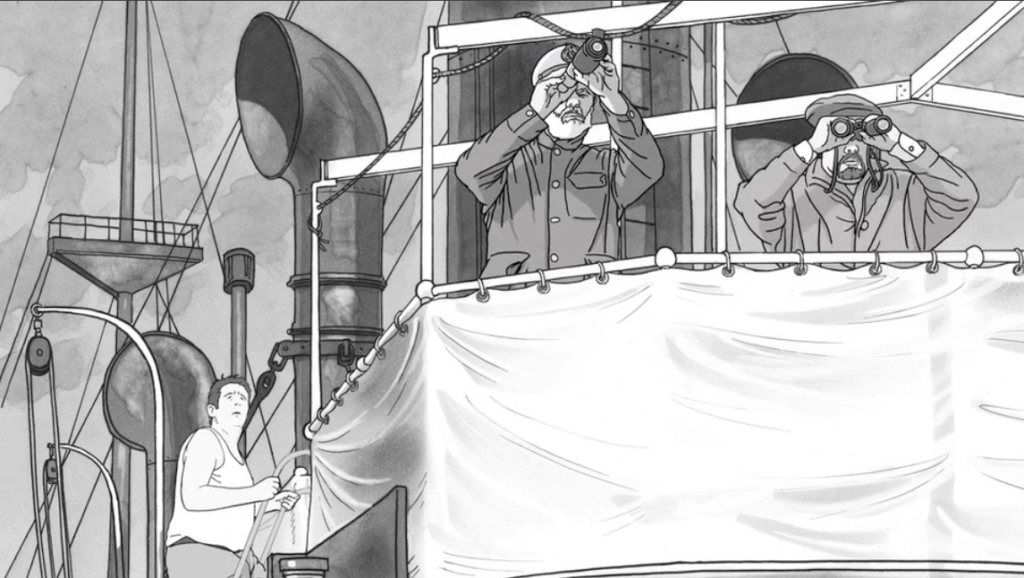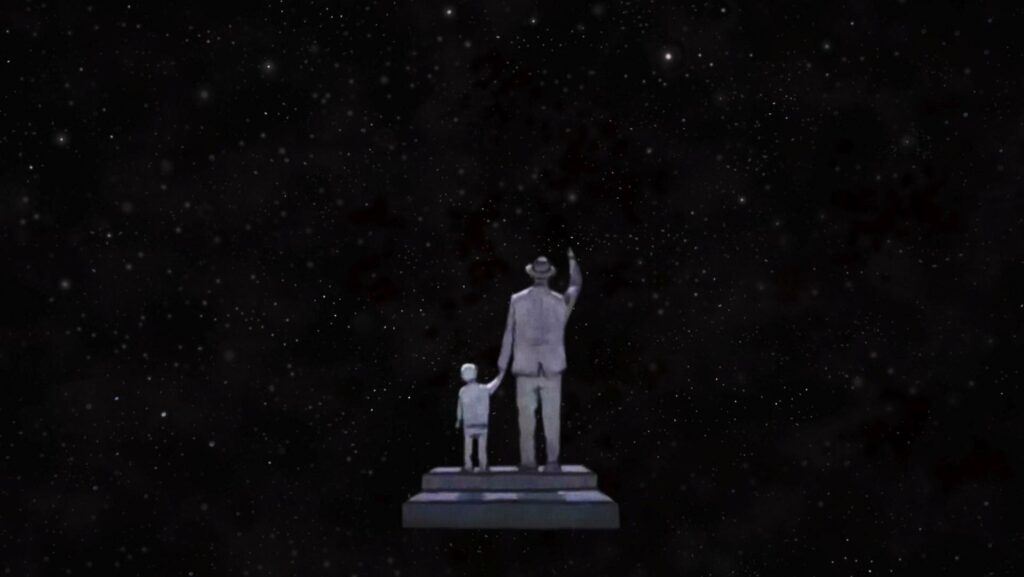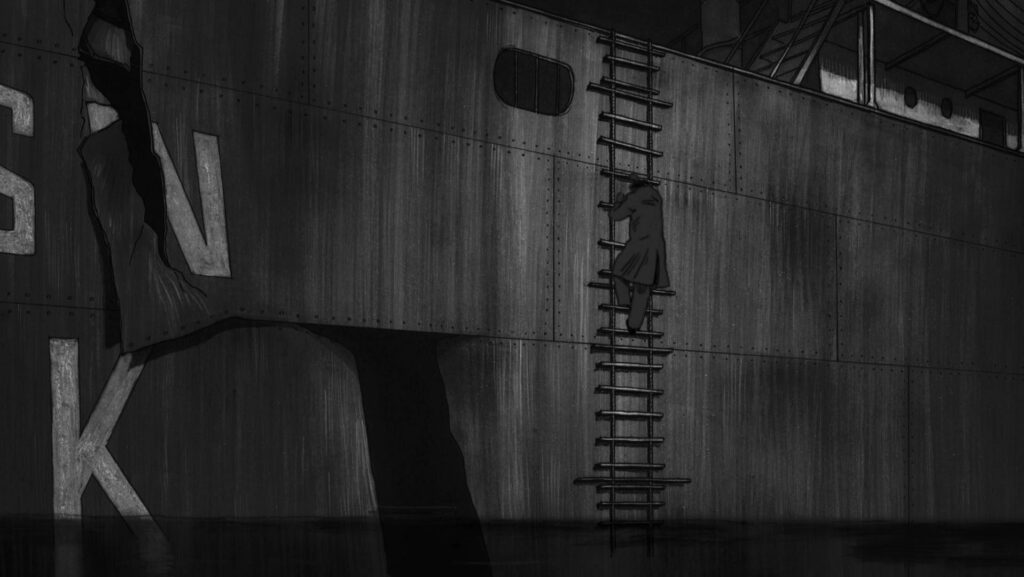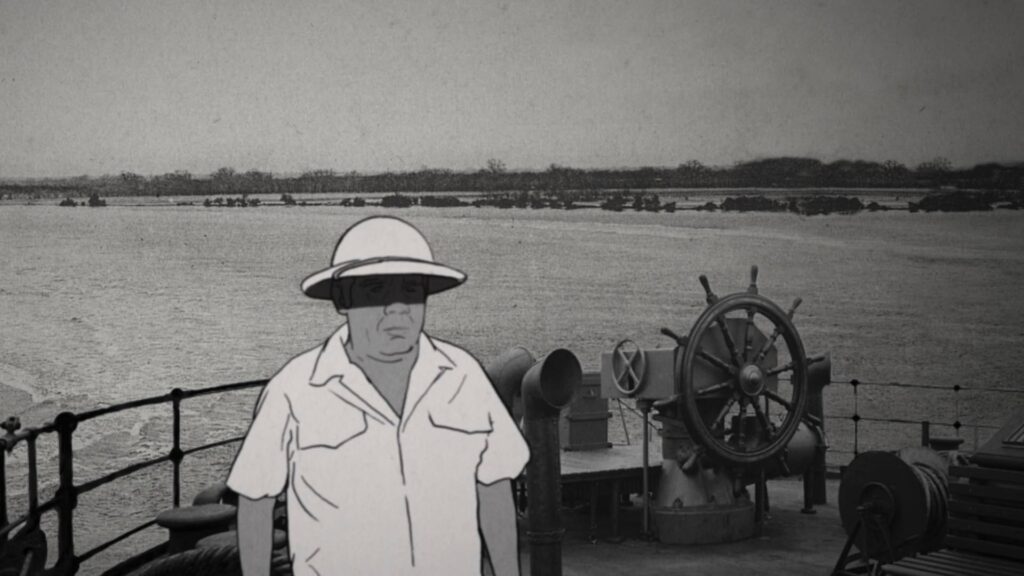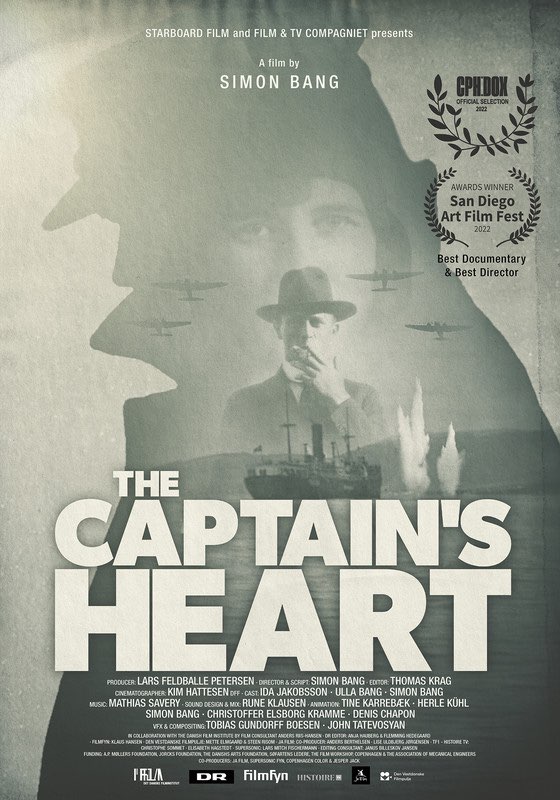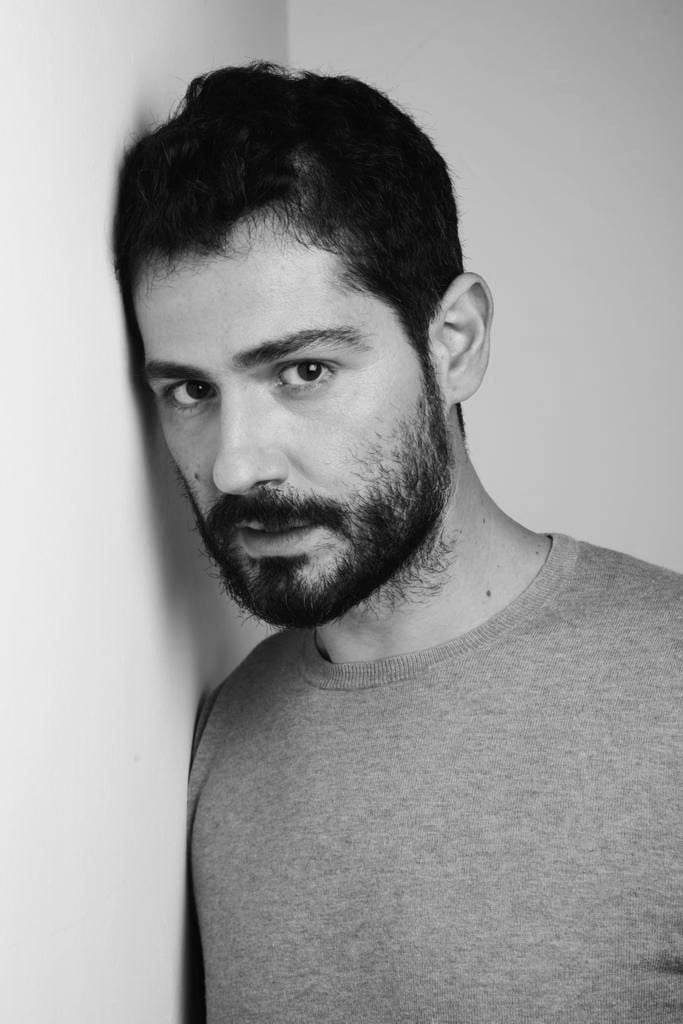
-Who is Indri Shiroka?
I am half Italian and one hundred percent Albanian. I would describe myself as an obstinate, incorrigible stubborn young man. I strongly believe our life is a unique, unspeakable gift and it’s a shame not to fully commit ourself on it. I believe in God, in emotional intelligence, I believe in Love and I believe in the power of Beauty. Hard work and count on your strength is the key, hard work allowed me, among the other films, to play in Lionel Baier’s “Au Sud”, by which I had the opportunity to go to Cannes as the film was part of the official selection of the Quinzaine des Réalisateurs 2022.
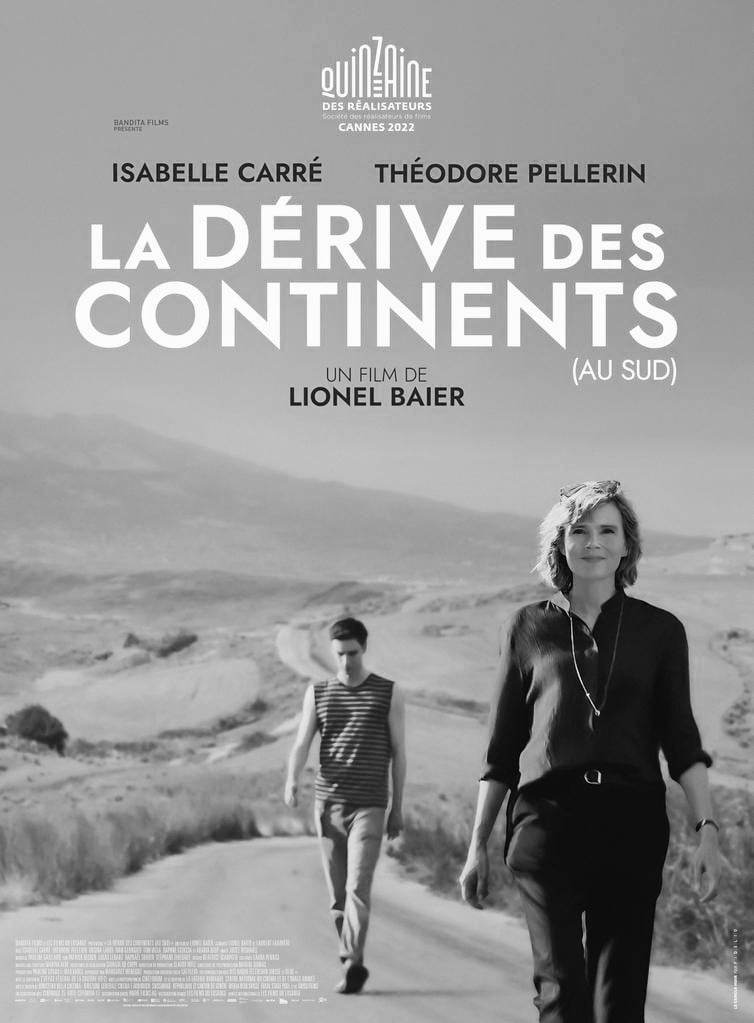
-What inspired you to become an actor?
Bit of my Ego, bit of the need to make my grandfather (one of the greatest actors of Albanian history) proud of me, bit of my need to exorcise my shyness and generally speaking the idea that I can ensure myself and my family a wealthy life through this job. Ultimately being a filmmaker is a means to an end, through it I can leave something tangible to this world.
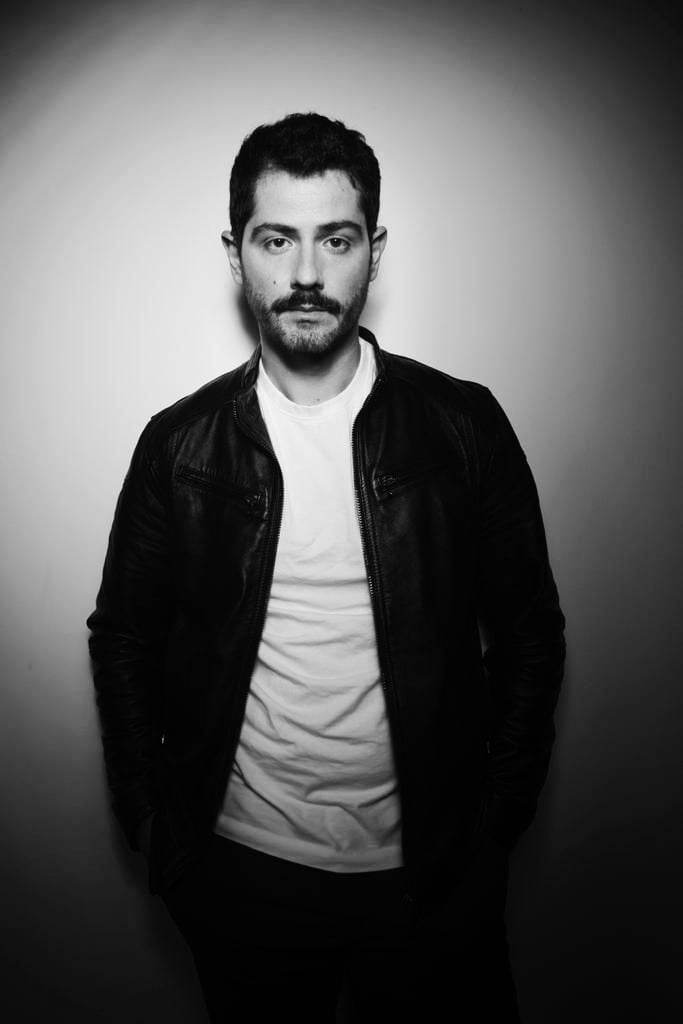
-Do you think the cinema can bring a change in the society?
Not just a change, a revolution! I will say more: the Cinema has the duty to bring a change, whether large or small, because it is a form of art that has the unmeasurable power to engage the senses more than any other equal artform.
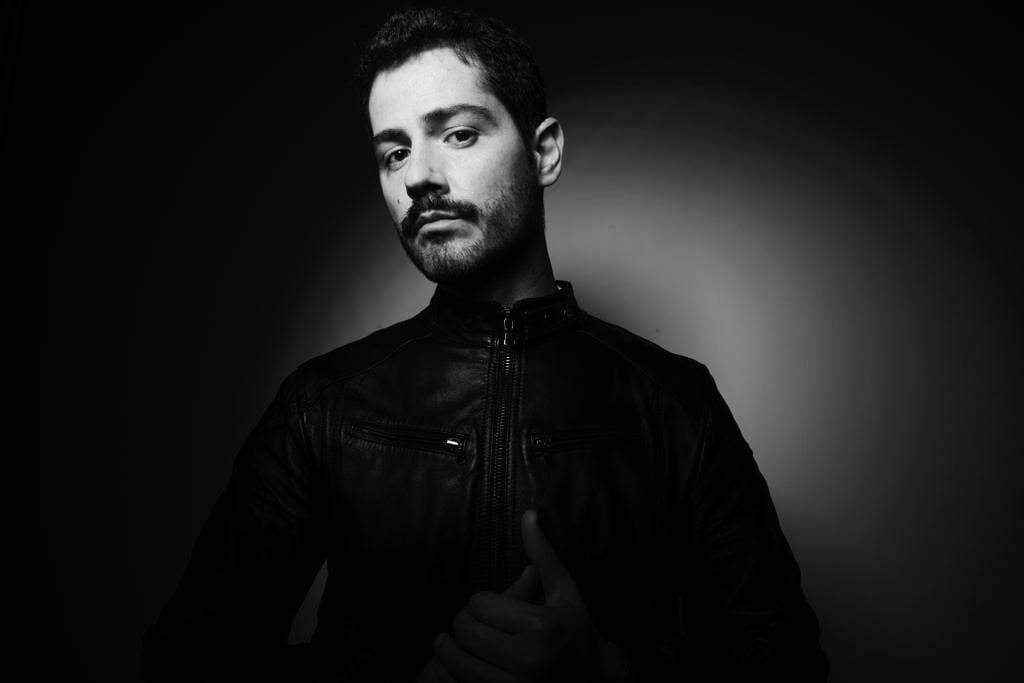
–What would you change in the world?
The Mediocrity, the erroneous idea that our earthly life is eternal and above all the end of season of “Game of Thrones”.
-Where do you see the film industry going in the next 100 years?
I have no idea. What I know for sure is that film industry will always be there, raising our spirits, maybe changed, according to the mutations of the society (Covid-19 Pandemic docet), but still there.
